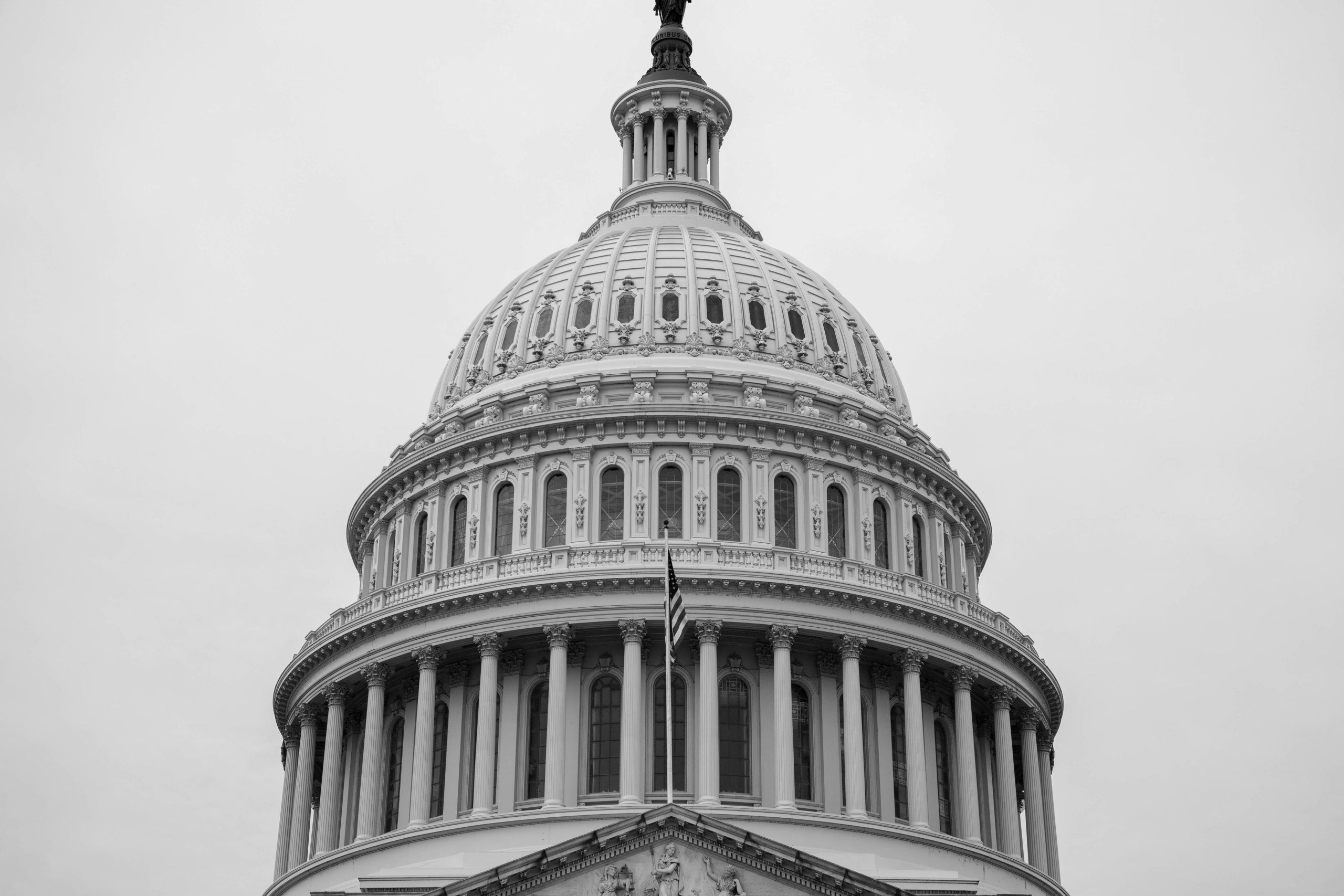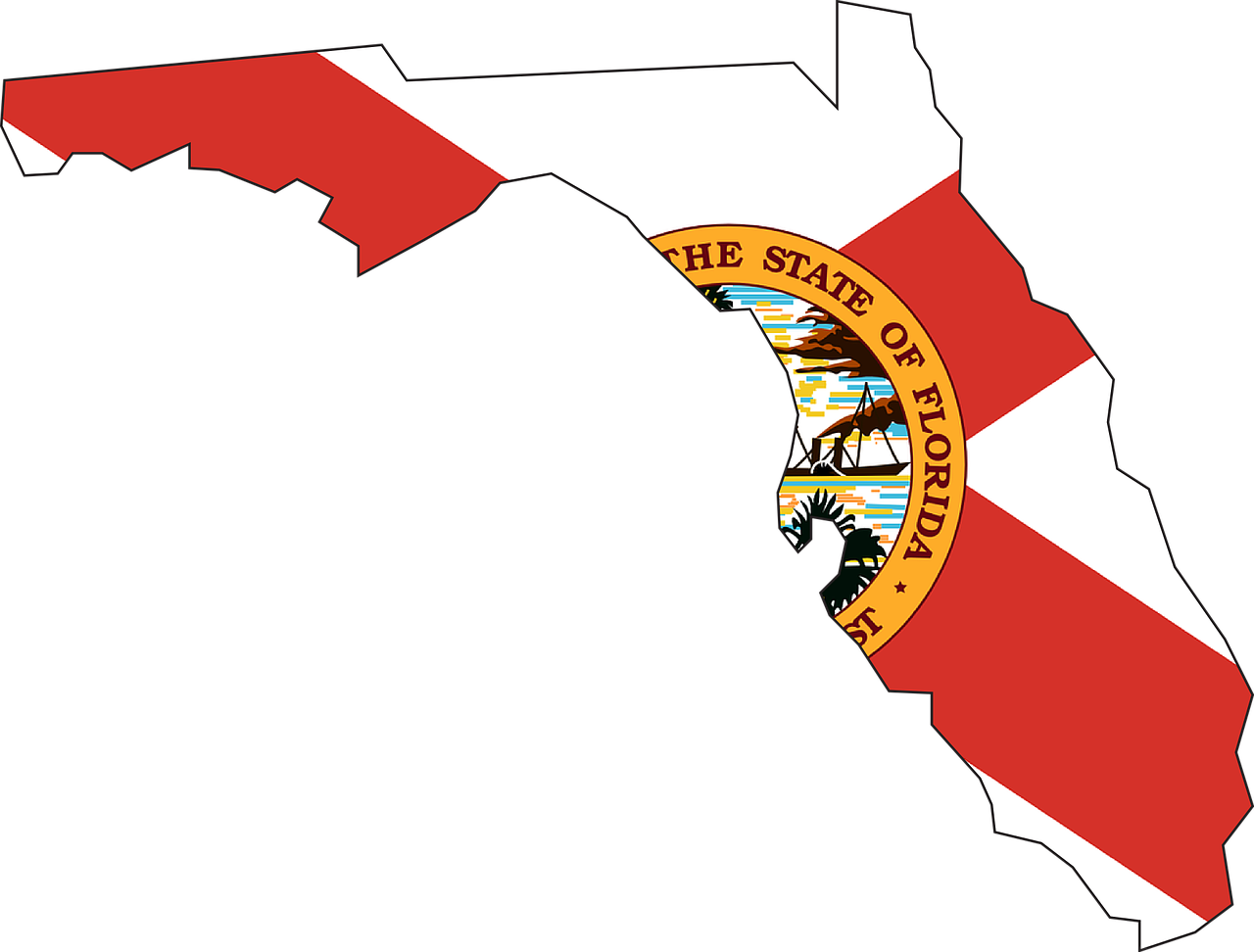The world of immigration has been shaken up by new reports that the Biden administration intends to release a groundbreaking executive action on immigration. The President’s order could soon allow spouses of U.S. Citizens to legalize their status in the United States.
According to government officials speaking on condition of anonymity, full details of the executive action are expected to be released as early as Tuesday – the twelfth anniversary of the Deferred Action for Childhood Arrivals (DACA) program. If passed, it would be one of the largest immigration relief proposals in recent history.
Essentially, a plan has been in the works to create a program known as “Parole in Place” that would offer work permits and deportation protections to undocumented immigrants married to U.S. Citizens, so long as they have lived in the United States for at least 10 years.
Such a program would eliminate the need for spouses of U.S. Citizens to travel outside of the United States to legalize their status through an extreme hardship “waiver” process, that has posed obstacles for many to become legalized.
Instead, the program would open a pathway to permanent residence for spouses of U.S. Citizens to adjust their status to permanent residence from the United States, without having to depart the country.
If passed, the White House’s measure could benefit more than 1.1 million undocumented spouses of U.S. Citizens, if they can meet the eligibility requirements.
 Visa Lawyer Blog
Visa Lawyer Blog











